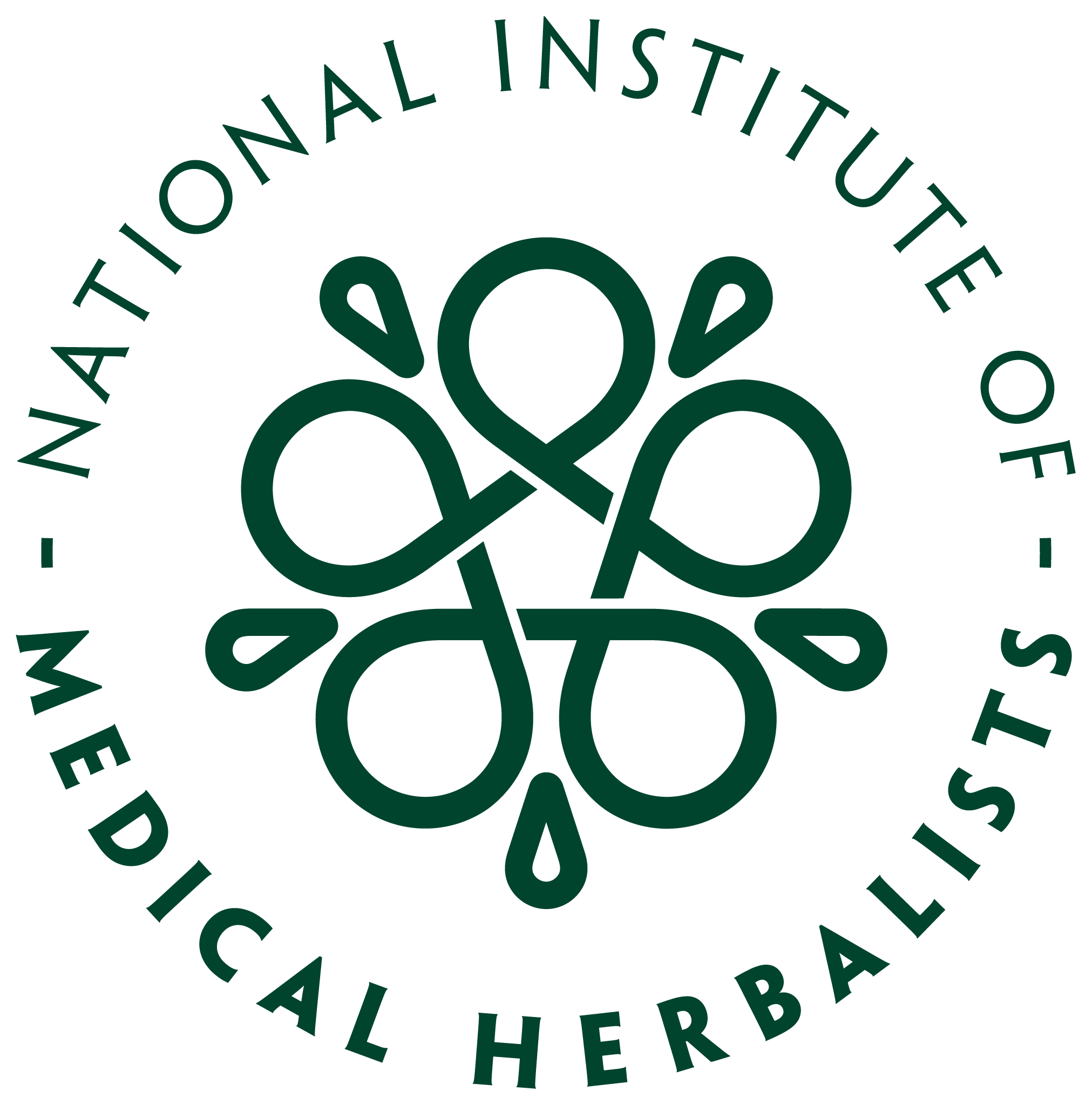
Filipendula ulmaria
Rosaceae
- Jekkapedia
- Details
- Growing
- Medicinal
- Available as
- How to sow seeds
- How to grow herbs
- Sustainability
Filipendula ulmaria, Meadowsweet
Family: Rosaceae
Genus: Filipendula
• Hardiness: H6 (-15 to -20C)
• Type: Herbaceous Perennial
• Height: up to 1.2m
• Spread: 60cm
Meadowsweet can be seen at the herb farm in Jekka's Herbetum and is available to buy as both herb plants and online as herb seeds.
• Soil type: Loam, Clay,
• pH: Neutral - Alkaline pH
• Habit: Upright
• Flowering colour: Cream
• Flowering time: Summer
• Uses: Culinary & Medicinal (Read Jekka's Guide To Culinary Herbs and Medicinal Herbs for more information)
• Attracts pollinators: Yes (Read Jekka's Guide to Pollinators for more information)
• Container suitability: No
• UK native: Yes
• Caution: Do not take medicinally if allergic to Aspirin.
• Indoor Sowing: In autumn, into prepared plug trays or pots. Sow thinly, cover with compost. Winter trays or pots in cold frame or cold greenhouse.
• Outdoor Sowing: In spring, into a prepared site. Thin to 30cm apart.
• Maintenance: (See Jekka's Blogs on Early Spring, Late Spring, Summer and Autumn maintenance)
• Harvest: N/A
Meadowsweet has a long history as a folk remedy for those with digestive problems such as dyspepsia, colic and diarrhoea. Containing naturally occurring salicylates, the biological precursors of aspirin, it has also been used to reduce pain and inflammation in arthritic or rheumatic conditions.
Unlike aspirin however, it does not appear to cause gastric irritation and may actually help to reduce hyperacidity and improve the symptoms of acid indigestion, heartburn and oesophageal reflux.
Regarded by herbalists as both antiseptic and anti-inflammatory it has also been used to help with fevers and infections, to ease the symptoms of cystitis and to support wound healing.

Caution: Should be avoided by people with a sensitivity to salicylates and those taking anticoagulant drugs.
Please note: The information provided here is for educational interest only and is not intended to be used to diagnose or treat significant health problems. Any serious or long-term health concerns should always be discussed with a healthcare professional.
See our blog for more information about the National Institute of Medical Herbalists
For information on growing herbs from seeds please see Jekka's blogs on sowing herb seeds, sowing your winter culinary herbs or how to grow vegetables.
Jekka's "How to Grow Herbs" videos, includes Jekka's video on how to sow herb seeds for an informative step-by-step guide to seed sowing. For a hands-on herb experience, where you will learn how to grow herbs, check out our Master Classes.
Growing indoors? Check out Jekka's blog on indoor herb gardening for some advice.
For seeds, try Jekka's Seed Club Subscription to regularly receive different sustainable culinary herb seeds for you to try. If you require pots or compost, see Jekka's Herb Kits that includes Jekka's Seed Sowing Kit. This kit contains all you need to sow a collection of herb seeds.
For more information on growing herbs plants please see Jekkapedia, Jekka's blog or our FAQs page.
Happy Herbs!
At Jekka’s we sell herbs in 1 Ltr and 2 Ltr pots. These are established and hardy herb plants that are grown following organic principals and to survive the UK climate. Please read Jekka's blog that contains her top steps to growing on your herbs.
There is also ‘Jekka’s Seasonal Tips’ series that covers growing and maintaining herbs in early spring, late spring, summer and autumn & winter. Together they form Jekka’s guide on how to grow herbs. For a hands-on herb experience, where you will learn how to grow herbs, check out our Master Classes.
Our herbs are designed to be grown in containers or planted in the garden. Although some herbs will be quite happy indoors, most prefer being outside. Please see our indoor growing blog for more information.
If you require pots or compost, we have developed Jekka's Herb Kits, which includes Jekka's "Grow On" Kit. These kits contain all you need to grow on your herbs.
If you think your herbs need a little more attention we always recommend an environmentally friendly solution, and these are Jekka's top three:
- Maxicrop liquid seaweed: 'Feed on Fridays' as Jekka always says for all round good plant health.
- SB Invigorator: a safe and effective insecticide and fungicide to help control a wide range of pest species
- Epsom salts: the horticultural equivalent of what you put in your bath that will top up the plant's magnesium and stop orange leaves.
Please note, the compost in Jekka's Kits will have enough natural food for approximately 6 weeks.
For more information on growing herbs plants please see Jekkapedia, Jekka's blog or our FAQs page.
Happy Herbs!
One of our three core roots is that we are Environmentally Conscious and for the past 30 years all the herbs grown at Jekka’s have been raised following sustainable, environmentally friendly and organic approaches resulting in a remarkable biodiversity at the herb farm.
Our herb seeds are also untreated and can be used to grow organic herb plants. Our seeds are hand packed into gassine bags, which are fully recyclable, compostable and biodegradable. These bags are then put into beautifully illustrated paper seed packets. Therefore, our environmental footprint is small.
Want to know more? You can read more about our sustainability approach to growing herbs in one of Jekka's Blogs. See also:
- Organic and sustainable approach to growing herb plants
- Jekka's guide to being a sustainable herb gardener
- Jekka's guide to cimate change
- Jekka's top 8 tips for becoming a sustainable gardener
- Jekka's blog on organic gardening and soil health
- Jekka’s guide to increasing biodiversity and rewilding your garden
Previous Next




